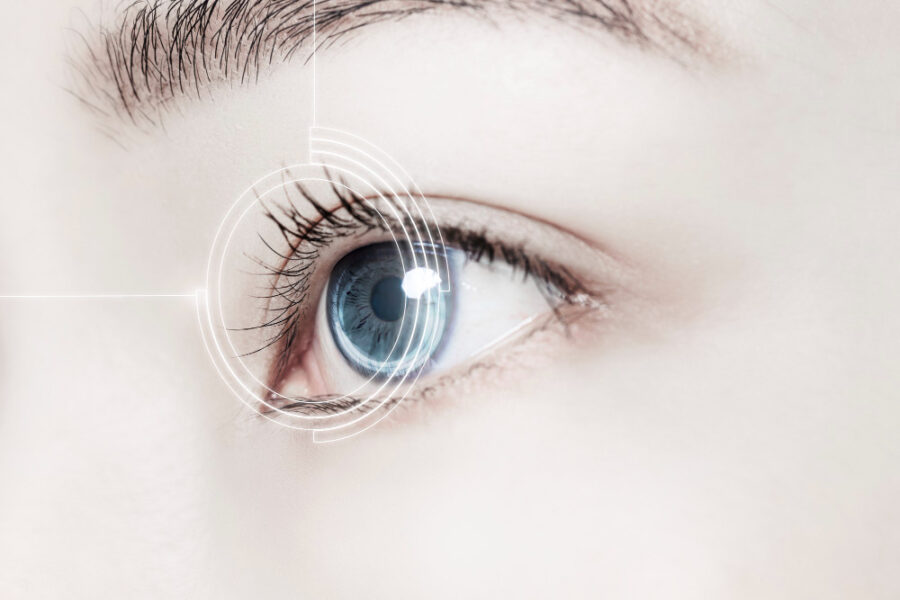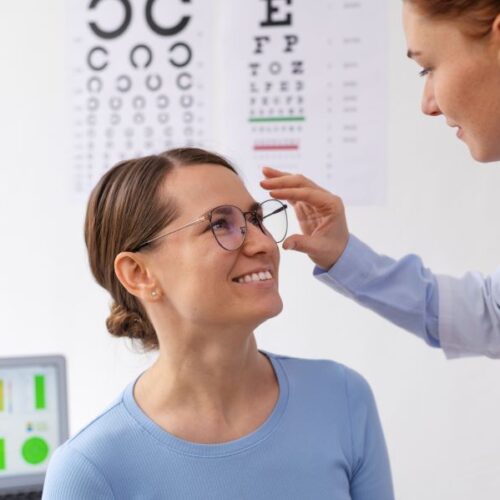Cataracts are a dense, cloudy opacity in the lens of the eye. Caused by protein clumps, cataracts prevent normal images from reaching the retina. As a chronic, progressive condition, individuals will experience a continual decrease in vision unless they undergo cataract surgery.
The condition develops slowly and is most common in older people. Approximately half of people will experience cataracts or undergo cataract surgery before they are 80.
Cataract surgery is the primary treatment for cataracts involving the removal and replacement of the lens. In this article, we’ll explore everything you need to know about cataract surgery, including key concepts, how long does cataract surgery take, training eyes after cataract surgery, what activities should be avoided after cataract surgery, and the recovery period.
What is a cataract?
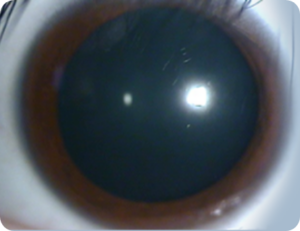
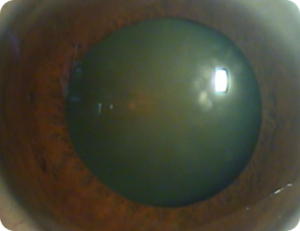
Every eye has a clear, refractive organ called the lens. Light entering the eye is refracted through this lens and deposited on the retina. Cataracts are a condition in which this lens becomes cloudy and cannot transmit light properly. This is a dangerous condition where light cannot pass through, causing your vision to become foggy and blurry, and your vision to decrease.
What is Cataract Surgery?
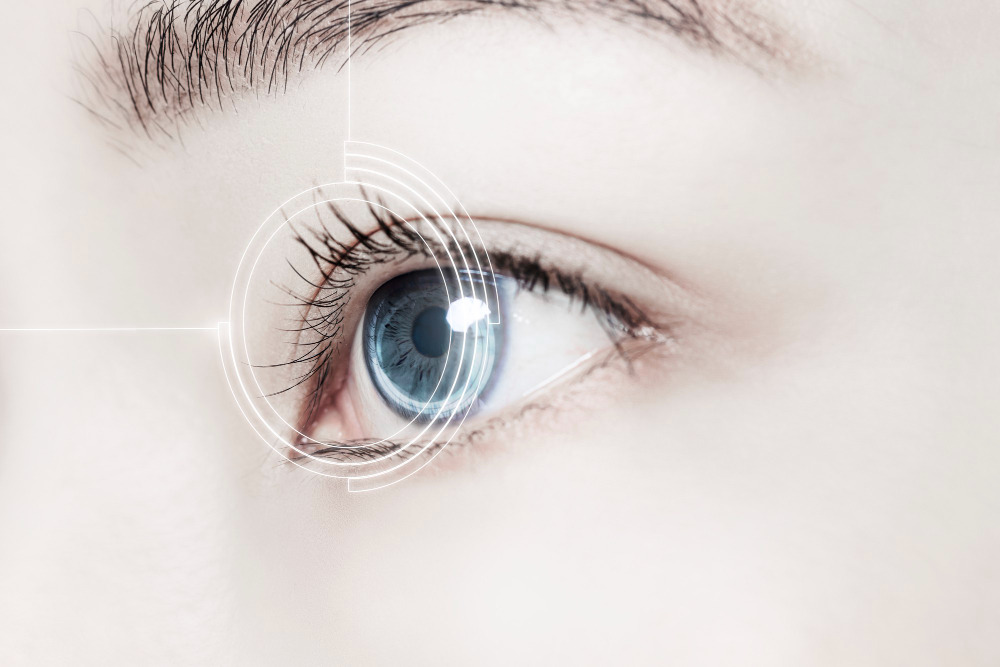
출처: Freepik
Cataract surgery, or lens replacement surgery, is a procedure to restore cataract-caused vision loss. It involves removing and replacing the cataract-affected lens with an artificial lens implant. Because protein clumps permanently occlude the lens, only removal and replacement can restore normal visual function.
It also covers the post-operative period and recovery involving fine-tuning vision after cataract surgery.
Cataract Surgery Methods
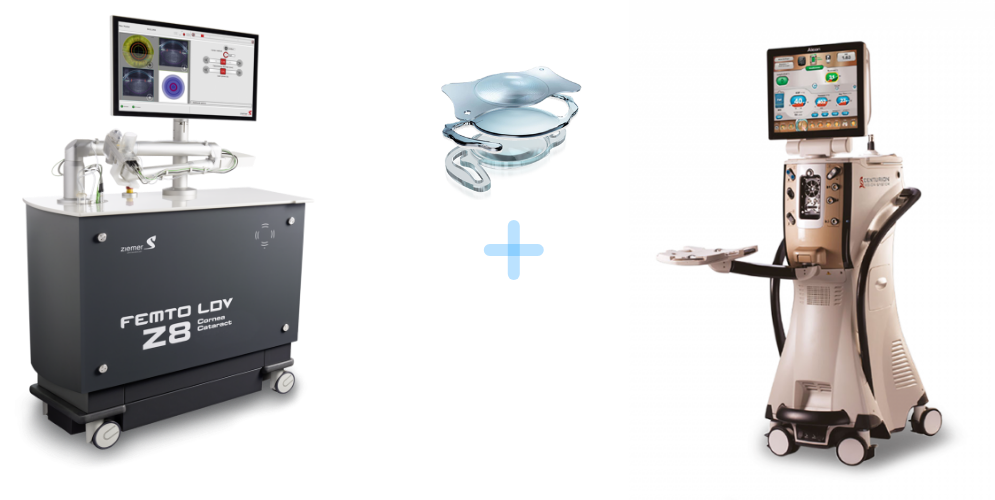
1. Laser Cataract Surgery
This is a modern surgical procedure that uses a high-tech femtolaser to perform most of the surgery. It is a method with better safety and results than conventional surgery performed with a medical blade or surgeon’s skill.
2. micro-incision cataract surgery
This is the most popular method, using a medical blade and an ultrasound laser. The surgeon’s long clinical experience is the most important factor in this method.
3. Intraocular lens
GS Ophthalmology offers a variety of lenses that can be customized for near and far vision correction, as well as presbyopia and cataracts.
GS Ophthalmology operates a 1:1 customized system to determine the type of intraocular lens and surgical method that suits your eye condition to create the best vision.
Types of Lens Replacement
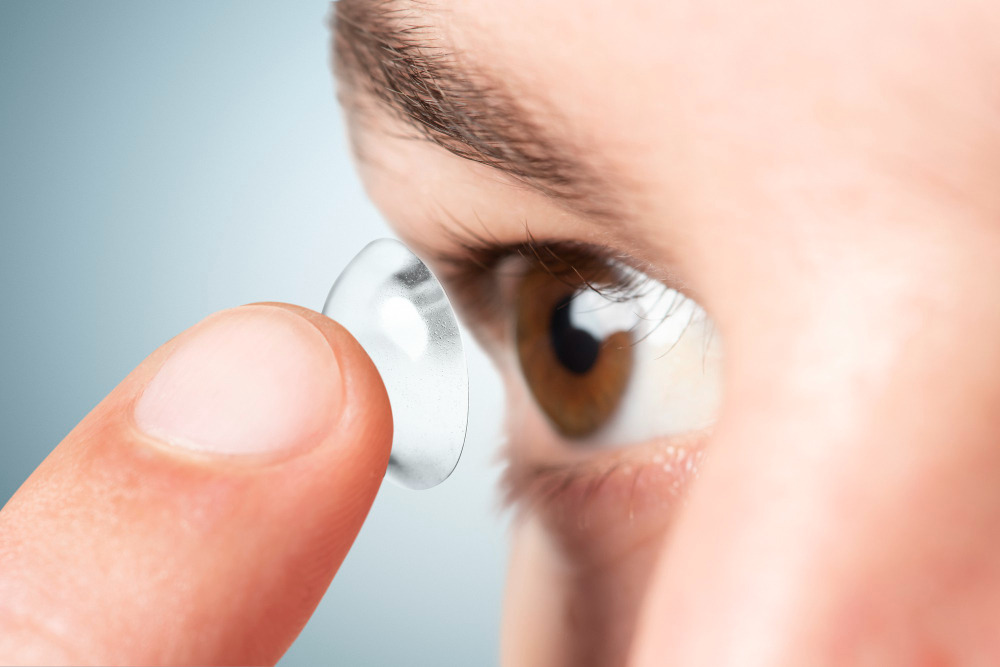
출처: Freepik
A cataract operation occurs in two halves: removal of the damaged lens and insertion of an artificial replacement. Your choice of artificial replacement depends on your existing levels of vision. Just like the lenses in glasses, they come in different strengths and vary in how well they can focus on distant objects.
The main artificial lenses include:
- Monofocal lenses are designed to provide clear vision at a single distance, either near, intermediate or far. Depending on the chosen focus, patients with these lenses typically require reading or distance glasses post-surgery.
- Multifocal lenses aim to provide clear vision at multiple distances, such as near, intermediate, and far. While they can reduce or eliminate the need for glasses after surgery, some patients may experience halos or glare.
Cataract Surgery Cost

출처: Freepik
Cataract surgery is the first-line treatment for cataracts and can transform those struggling with blurred vision. However, the cost varies widely based on several aspects of a cataract operation. The key factors affecting cost include:
- Type of Intraocular Lens (IOL): Basic monofocal lenses may be less expensive than advanced multifocal or toric lenses.
- Insurance Coverage: The extent to which insurance covers the procedure can greatly impact out-of-pocket expenses.
- Pre- and Post-operative Care: Tests, consultations, and follow-up appointments can add to the cost.
- Required Medications: Eye drops or other medications prescribed post-surgery.
- Potential Follow-up Procedures: Additional treatments or corrections might increase the total expenditure.
You should speak to your doctor or insurance provider about the potential cost of the procedure. Remember, cataract treatment costs can also vary depending on the skill and experience of the surgeon, the hospital you choose, and which region or country you live in.
In addition, opting for a cataract laser surgery procedure can increase the overall cost as it is more costly than traditional cataract operations.
How Long Does Cataract Surgery Take?

출처: Unsplash
Patients often ask our surgeons, “How long does cataract surgery take?” Surprisingly, a cataract operation is short, lasting only 15-45 minutes. You can expect to be in the hospital for around 1 ½ hours or longer – including the preparation, operation, and post-operative evaluation.
Prior to the cataract laser surgery procedure, your surgeon will perform a refraction test to evaluate your nearsightedness, farsightedness, and/or astigmatism. They’ll also determine the shape of your eye to ensure they select the correct artificial lens implant.
Depending on the surgeon’s opinion, you can be either awake or asleep during the operation. If you are awake, you’ll be given a local anesthetic and won’t feel any pain.
Cataract Surgery Recovery Period

출처: Freepik
After your cataract operation, you will need someone to drive you home. The hospital or facility will give you a pair of special postoperative sunglasses to protect your eyes from sunlight and other bright lights during the recovery period.
It will take 4-6 weeks for your eye to recover fully – although your eyesight will return within a few days. Only once fully recovered can you get a new glasses prescription (if needed). It takes some time re-training eyes after cataract surgery – be patient; your vision will improve.
Fine-Tuning Vision After Cataract Surgery
Fine-tuning vision after cataract surgery is usually performed by an optometrist or ophthalmologist. After your eye has healed, you’ll undergo a final eye test (around four weeks post-operation) to help with fine-tuning vision after cataract surgery. The optometrist will assess your current vision level and see what changes have occurred.
How long after cataract surgery can you exercise?
What Activities Should Be Avoided After Cataract Surgery?

출처: Freepik
Another question patients ask us is, “what activities should be avoided after cataract surgery.” In the days and weeks following surgery, your eye is still recovering. That means taking extra precautions to protect it. You should avoid these activities to allow the eye to heal:
- Patients should avoid rubbing their eyes, which can introduce germs or create pressure.
- Engaging in water activities, like swimming or using hot tubs, should be avoided to prevent infections.
- Strenuous activities, such as lifting heavy objects or intense exercise, can increase eye pressure and should be avoided.
- Driving should be postponed until the doctor confirms it’s safe, usually after the first post-operative check.
- Patients should avoid exposure to dust and dirt, making activities like gardening inadvisable.
- Applying makeup around the eyes can cause contamination, so it’s best to avoid using it.
- Bending over can put additional pressure on the eye and is not recommended.
- Some patients might be sensitive to bright lights immediately after surgery, so caution is advised.
- Wearing an eye shield at night is often recommended to protect the operated eye during sleep.
- Environments with irritants such as smoke, dust, or strong winds can be harmful, so it’s best to avoid them.
Always follow the instructions provided by the ophthalmologist or surgeon. Readjusting and training eyes after cataract surgery takes time and patience – do not rush into any activities or take any unnecessary risks.
GS Eye Clinic – Your Trusted Partner in Cataract Surgery
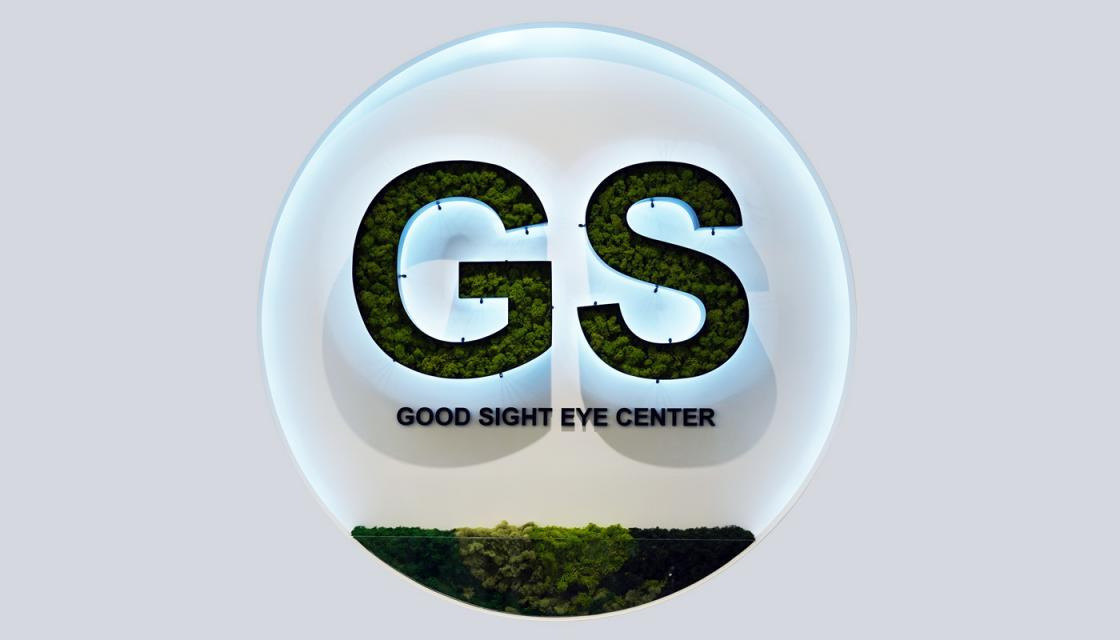
GS Eye Clinic is a leading expert in cataract laser surgery procedures and other eye-related problems. We’ll diagnose the issue, advise you on the problem, and book you in for your operation.
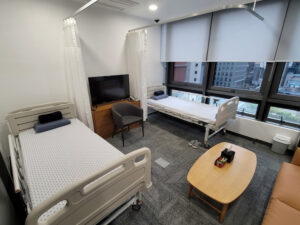
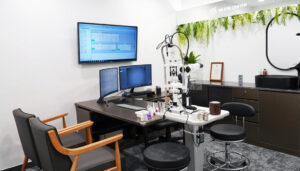
We run a 15-bed inpatient unit for recovery, allowing you the time needed to regain your strength. GS Ophthalmology uses the entire second floor as a cataract clinic.
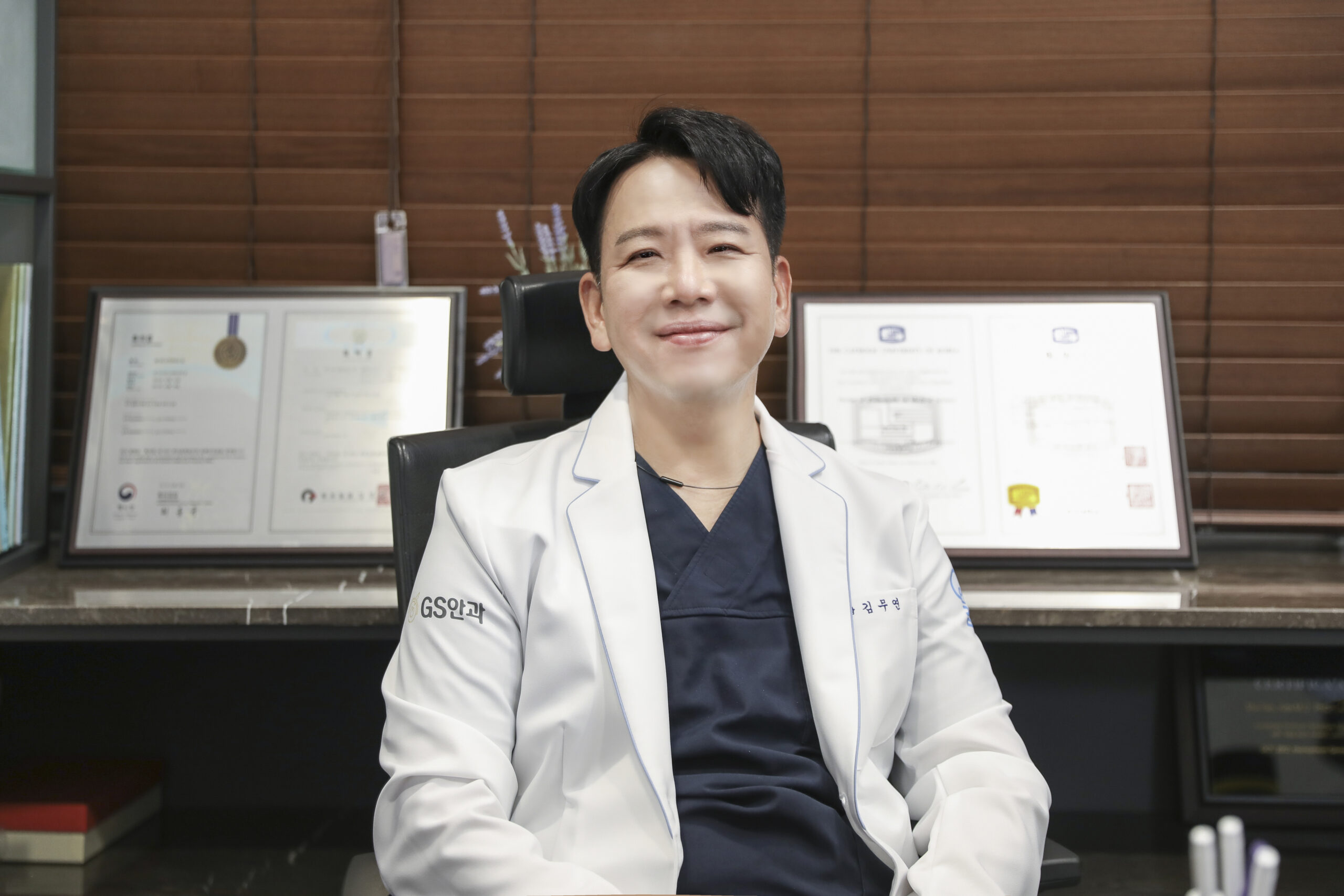
Above all, our team is one of the most experienced anywhere. GS Ophthalmology has 7 doctors on staff and most of the principals have performed high quality cataract surgery on their parents as well. Please correct the above English for content.

Celebrities also visit GS Ophthalmology for cataract surgery. Among the hospitals in Gangnam, Seoul, we have 18 years of surgical know-how and abundant clinical experience and have been selected as the Global Health Care Ophthalmology Award for excellence in presbyopia cataract treatment. GS Ophthalmology is a hospital equipped with thorough examinations, advanced equipment, and aftercare.

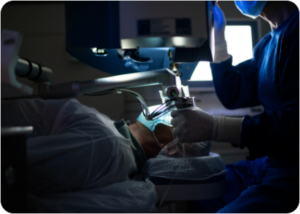
Learn more about GS Eye Clinic at our YouTube Channel or Instagram page. We answer other questions like “How long does cataract surgery take,” “Fine-tuning vision after cataract surgery,” “Training eyes after cataract surgery,” “What activities should be avoided after cataract surgery,” and more.
If you’ve been diagnosed with cataracts or have noticed a progressive blurring of your vision, book a consultation with GS Eye Clinic today.
What is Cataracts and how to treat Cataracts?
The Cataracts occurs when the natural lens at the back of the iris and pupil becomes cloudy. The most effective way to treat cataracts is to under go cataract surgery to restore vision by removing and replacing the cataract-affected lens with an artificial one.
How much does eye surgery in Korea cost?
According to the Medical Tourism site's chart, Korea ranked second as the best destination for laser eye surgery because of its advanced technology and affordable price. The total cost for both eye surgeries in Korea is lower than that in other countries. Don't hesitate to contact GS Eye Clinic via our KakaoTalk Channel for more information about the total price of eye surgery in Korea.
Where should I get my eye surgery in Korea?
GS Eye Clinic in Seoul, Korea, is at the forefront of the latest technological advancements in laser eye surgery, including cataract surgery, Smile Lasik, and Lasek. Please schedule a consultation with GS Eye Clinic today to explore your options via our KakaoTalk Channel or visit us at 8,15,16F, Mizin Plaza, 390 Gangnam-daero, Gangnam-gu, Seoul, Korea.
For more information on cataracts, check out GS eye center!
Everything you need to know about cataracts – Watch more
GS Ophthalmology Center
Directions 8,15,16F, Mizin Plaza, 390 Gangnam-daero, Gangnam-gu, Seoul, Korea


